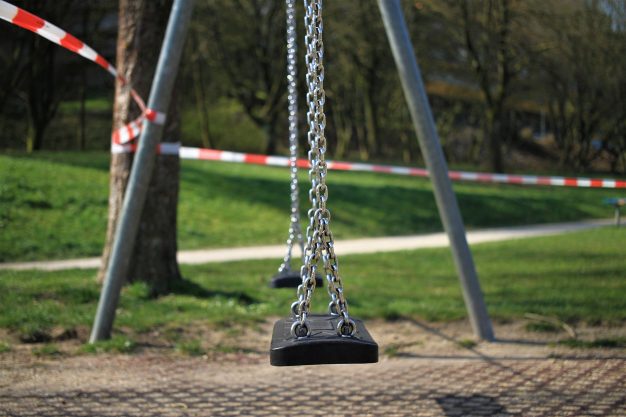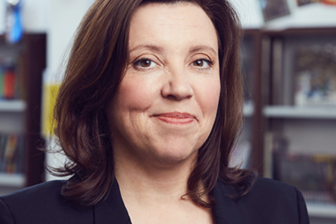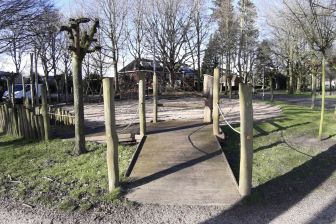
How can future generations learn from children’s experiences of play during COVID?
The Play Observatory is a new UK-based project collecting children’s diverse experiences of play during the COVID-19 pandemic, and will use them to create a permanent record that future generations can learn from and help child professionals in their work.
An online survey is now and running, and the hope is that it will help the team understand how children have been accessing and experiencing play during the past year, and shape future generations’ understanding of the lives of young people.
Researchers from University College London, Sheffield University’s School of Education and The Bartlett Centre for Advanced Spatial Analysis have joined forces for the project, which runs until January 2022. It is being funded by the Economic and Social Research Council.
Organisers say the pandemic has had a huge impact on children and young people, affecting where, when, how and with whom they can socialise and play, and so the project aims to find out more about their experiences of play and games during this time and how these differ from – or continue – their earlier practices.
‘Shining a light on children’s experiences’
Young people and adults are encouraged to share examples of play and expressive culture, through descriptions, photos, drawings, sound recordings and video clips contributed to an online survey and in-depth case studies. The Play Observatory will document the feedback and and make the experiences publicly available, thus shining a light on the experiences of children and young people at this ‘unique time in history’.
The Play Observatory is asking these key questions:
- How have children and young people been playing during the pandemic, from the outbreak of the virus, through lockdowns and school closures, and during ongoing social distancing?
- How has the COVID-19 pandemic featured in play and expressive culture (including language, humour, festivals and rituals, beliefs, stories, and making) and what insights does this give into children’s unique experiences of it?
- How does this play and culture compare with that of the past, and between different communities?
- How can different scholarly approaches (such as history, folklore, multimodality, education and cultural studies) help us better understand the significance of play and expressive culture for well-being during times of crisis, struggle and change?
The plan is to ultimately create a searchable online collection of experiences and examples, a multi-media archive held in UCL and University of Sheffield repositories, with selected material deposited with the British Library, preserving a record of children’s play for use by future generations.
Supporting play and understanding its importance
There will also be an online exhibition, developed with the V&A Museum of Childhood, showcasing children’s experiences of play in the pandemic through photographs, drawings, sound and video.
Finally, a series Play Wellbeing Toolkits, designed with the play services team at Great Ormond Street Hospital, offering advice for supporting play and understanding its importance, particularly during uncertain and stressful period.
Click here for more information about the Play Observatory project and see the latest updates on Twitter @PlayObservatory



